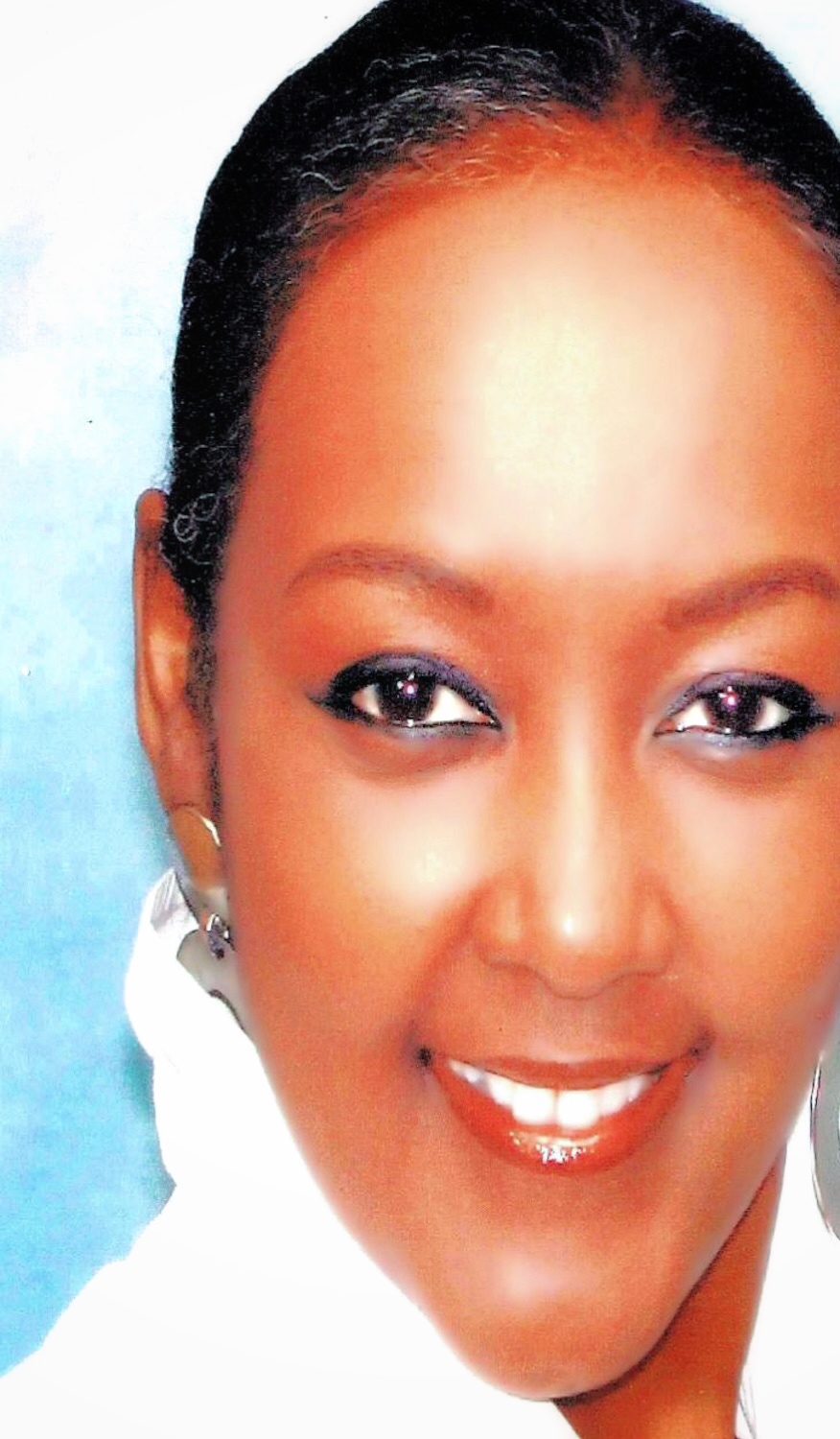
I have spent this weekend reading and re-reading the words of Thomas Merton. I learned firsthand about this American Trappist Monk when I attended graduate school at Xavier University in Ohio. I have found his works on social justice, race, leadership, and our humanity a divining rod to how we can cure what seems to complicate our lives.
Thomas Merton in his short lived life, once said, “People may spend their whole lives climbing the ladder of success only to find, once they reach the top, that the ladder is leaning against the wrong wall.” This quote has shaped my thoughts about leadership and life.
As a leader, I see good in the world all the time. I am just naturally an upbeat and hopeful person. I believe that is how life should be.
Yet, that is not the world many people are encountering today. Job loss, pandemic, death, protest, racial disharmony, distrust, fear is swirling about us…and for some reason we are all calling it the “new normal.”
I do not know about you, but I just do not see or feel anything normal about this. It feels as if I have entered the Twilight Zone.
If you have ever watched Rod Serling’s version of the “Twilight Zone,” you know that almost all the episodes were social commentary on our humanity. Social commentary tackling issues such as race, social justice, censorship, war, and discrimination.
And Serling’s commentary on what ails us, has been indelibly woven into our consciousness.
One of my favorite episodes had to do with how we see those we consider “others.” Those we do not understand. This episode was about “aliens” visiting our planet, and the perceptions we have about that which we do not understand.
The characters in the episode set out to minimize and destroy that which they believed were less than them, and who would take power from them. And in the end, they discovered that what they missed out on, were new ideas on how to make our humanity better. What the humans ended up learning was that their fear of that which they did not know, nor understand was relative. It was relative to who looked down and who looked up.
If you are disenfranchised and marginalized your view of equity, diversity and inclusion is different from the view of a C-Suite executive. And equity and inclusion are all about influence. If those on the bottom do not have influence, they cannot assist in the real change necessary to change their own lives, our workforces, our communities, or our humanity.
I love the work of Peter Block, who I call the leadership gurus leader. I first met Mr. Block in 2008 and subsequently read his book, ‘Community: The Structure of Belonging,’ as I explored why our communities, to include our business communities, our religious communities, our educational communities, our human service communities, and our political communities don’t work together.
While we know that inclusive societies can create room for everyone to grow together, we have let our fear of loss of power, control, and authority, create those who have influence, and those who do not.
And in the words of Thomas Merton, “We are already one, we just think we are separate.”
I believe our only way forward in this race called life, is collectively. We have tried everything else. We have tried every ism, segregation, discrimination, fear and more.
Perhaps, just perhaps it is time for new tactics. Perhaps its time for new approaches to what binds us. Life in the end we discover, is never what we believe we have hoped for. We all still suffer from loss and pain. In the end we are all still human and traveling the same journey as every other person on the planet. Collectively we have one choice….one hope.
“Do not depend on the hope of results. You may have to face the fact that your work will be apparently worthless and even achieve no result at all, if not perhaps results opposite to what you expect. As you get used to this idea, you start more and more to concentrate not on the results, but on the value, the rightness, the truth of the work itself. You gradually struggle less and less for an idea and more and more for specific people. In the end, it is the reality of personal relationship that saves everything.” ~ Thomas Merton.
And that’s a brilliant glimpse of insight.

